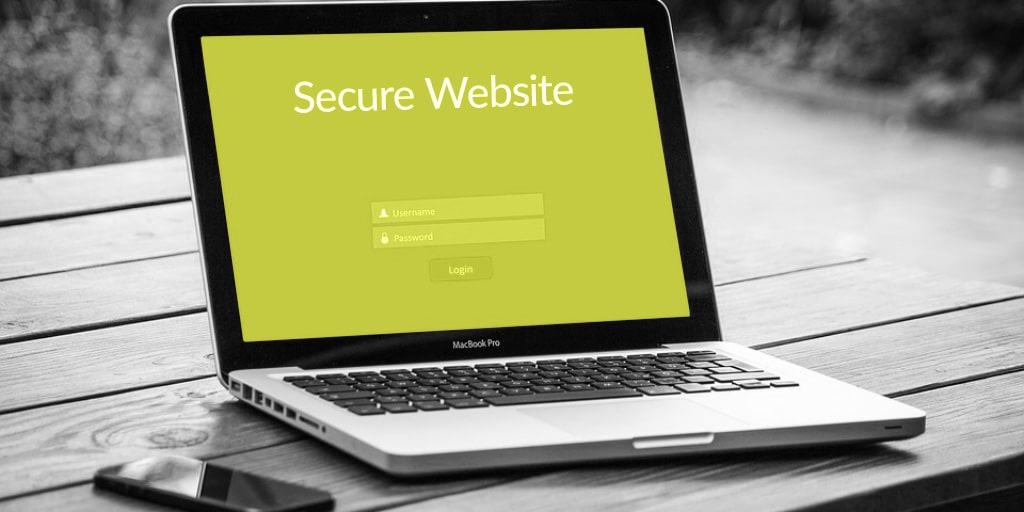What is SSL?
SSL (Secure Sockets Layer) creates an encrypted link between your own browser (for example, Chrome, Firefox, Edge, or Safari) and the website you are visiting. This encryption protects the information that is passed from you to the website and from the website to you. This information is typically transmitted in what is called a “plain text” format, which can easily be deciphered if a hacker intercepts the information as it is being sent (for example, they could potentially see your credit card number, name, or login details). SSL encrypts the data that is being transmitted by converting it into a random code so that it cannot be deciphered, even if a hacker is able to gain access to it!
A website that is protected with SSL will always have a URL that begins with “https://” whereas a website that is not protected will have a URL that begins with “http://.”
Why SSL is important for your website?
Protecting your visitors
As technology grows and changes, there are increasingly more types of information being transmitted online. For example, you might allow visitors to comment on your blog, create accounts in your online forum, sign up for your mailing list, enter their information for online contests and surveys, submit feedback, or purchase products from your site.
Any information that is transmitted between a website visitor and a web server could potentially be stolen if a website is not protected by SSL. As a website admin, it is your duty to protect all of your visitors’ information to the best of your ability.
In the past, you were only required to have SSL if you accepted sensitive information on your website like credit card information, but in 2018, as part of its initiative to make browsing the Internet safer for users, Google announced that they would begin marking websites without “https” encryption as “not secure.” Today, most web browsers will present users with an alert to let them know if a website is not secured.
Boosting your search engine rankings
SSL certificates have been a factor in Google’s search engine rankings since 2014. This means that Google will give a boost in rankings to websites that have SSL as opposed to those that don’t.
Establishing trust in your business
According to Hubspot Research, 85% of online shoppers avoid websites that do not have “https” encryption. These statistics suggest that having SSL on your website is very important for gaining your customers’ trust and maintaining credibility for your business online.
How do I ensure my site is encrypted with SSL?
You can check if your website is encrypted by looking at the URL of your site. If the URL begins with “https://” (as opposed to “http://”), this means your site is secured by SSL.
You may still receive security warnings (even if your site is encrypted by SSL). Usually, you will receive these warnings if your website has “mixed content.” Mixed content means that some objects on your site are using a secure “https” connection, while others are not (for example, your site might have an image in the page that is linked using an “http://” URL instead of an “https://” URL).
All of the content, links and images on your site will need to use “https” if you want to prevent browser warnings. You can test your site pages for mixed content using the free tools on Why No Padlock? Or by using the Google Chrome developer tools.
What if my website doesn’t have SSL?
You can purchase SSL certificates from most major web hosting providers who will normally install and activate them for you. SSL certificates will require verification to prove that you are the owner of the domain name that the SSL certificate is being installed on (some types of certificates may require additional verification steps). SSL certificates generally need to be renewed on an annual or biennial basis.
Stay up-to-date with our latest posts and check out our blog!




